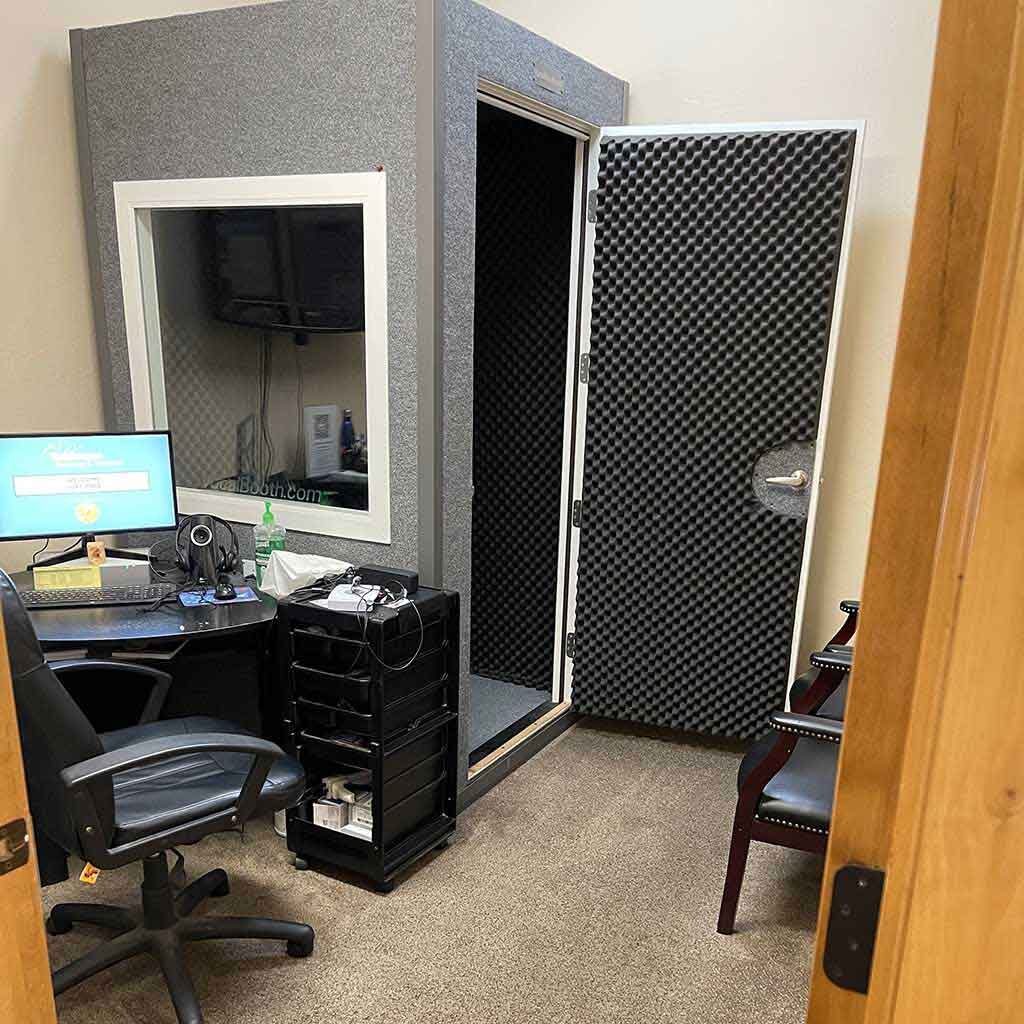Hearing Loss Rehabilitation
Restore Your Hearing With Help From Our Experienced Team
Hearing loss can be exhausting. If you are one of the many Americans who struggle with hearing loss, then you likely already know how much effort it takes to listen. When you visit our hearing centers, we do far more than fit you with a hearing aid; we strive to provide you with full hearing loss rehabilitation in American Fork, Spanish Fork, Highland, and Salem Hills, UT, so that you can continue to feel rested as you enjoy the sounds of the world around you.

Do You Struggle With These Effects of Hearing Loss?
The most obvious negative effect of hearing loss is the difficulty you have hearing sounds at their typical volume. However, there are numerous other negative impacts that hearing loss can cause. If you struggle with any of the following, our experienced and compassionate audiologist may be able to help you take back control of your life:
- Mental fatigue after speaking with someone
- Feelings of anxiety, stress, embarrassment, or depression
- Avoidance of social gatherings
- Reduced interaction with friends or family
- Decreased job performance
- Impaired memory or forgetfulness
Watch the Video Below to Hear How Our Team Helped Restore Jerry's Hearing
Jerry - "I couldn't hear what people were saying and felt secluded. It's a world of difference when you can hear people."
Learn More About Hearing Loss Rehabilitation in American Fork, Spanish Fork, Highland & Salem Hills, UT
To experience our 5-star-rated hearing care, schedule your Complimentary New Patient Consultation today by calling (801) 763-0724 to reach our American Fork office or our Spanish Fork office. You may also click here for our convenient online form. Your appointment includes the following:
- Discuss Your Goals
- Comprehensive Hearing Evaluation
- Custom Treatment Plan
- Flexible Financing Discussion
During your appointment, we will take the time to answer all your questions about our advanced treatments and technology, our flexible payment options, and anything else you may want to know about us!